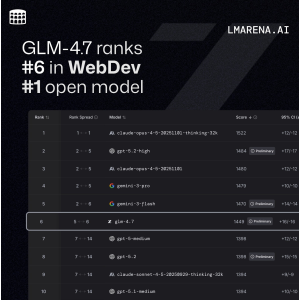
Written by Jenny and Angelica;
It is more important than ever for parents and educators to help the young people in their care develop resilience and a growth mindset from an early age, as this will have a significant impact on their wellbeing and self-actualisation not just immediately, but also throughout their lives, education experts say.
“Our lives are becoming more dynamic than ever before. The world we grew up in is no longer the world our children are growing up in, and the future is uncertain. We must therefore help our children develop those skills that will not only help them achieve academically, regardless of where they start from, but also the skills that will help them overcome adversity and build resilience in the face of what their external environment presents,” says Jenny Coetzee, Managing Director at Crawford International Kenya, a brand of ADvTECH, Africa’s largest private education provider.

“However that does not take into account the phenomenon of neuroplasticity – the fact that children’s brains constantly undergo development and the creation of new neural pathways. So even for those children who had a less than ideal academic start in life – it is never too late to start developing and supporting those skills that will empower them and allow them to reach the highest of their personal potential,” says Coetzee.
She explains that during early childhood, a child’s brain undergoes an explosion of development, and each new experience and interaction creates new neural pathways that form the foundation for how a child can solve problems and interact with the world around them. This neural pathway formation is a process known as neuroplasticity, and ultimately has an impact on a person’s ability to change how
they think and what they become. “What this means for parents, educators and schools, is that we constantly have to support students to understand that just because they have not yet mastered
something, the keyword there is YET. So in other words, I haven’t mastered long division YET, I haven’t mastered coding and robotics YET.
“Reinforcing at all times that education is a unique and individual journey helps children develop resilience and a growth mindset, rather than a fixed mindset understanding of I can either do something or I can’t,” says Coetzee. Angelica Ouya, Education Director at the Makini Group of Schools, sister school of Crawford, says positive strategies such as routine, a healthy diet, sufficient sleep
and exercise have a major impact on brain development.
“Cultivating a healthy lifestyle and a growth mindset assists students to manage their emotions and self-image when faced with fight or flight situations, for instance during high-stakes exams,” she says.
“It is also important for all roleplayers in a child’s life to support them with a mastery- based view of the world. In other words, allow them to understand that every day brings a new opportunity to master milestones and improve upon the building blocks of yesterday.
“Children must be allowed to experience failure and learn from their mistakes. This helps them build resilience and perseverance, and develop a can-do attitude rather than a belief that their ability is pre ordained and set for life.”








